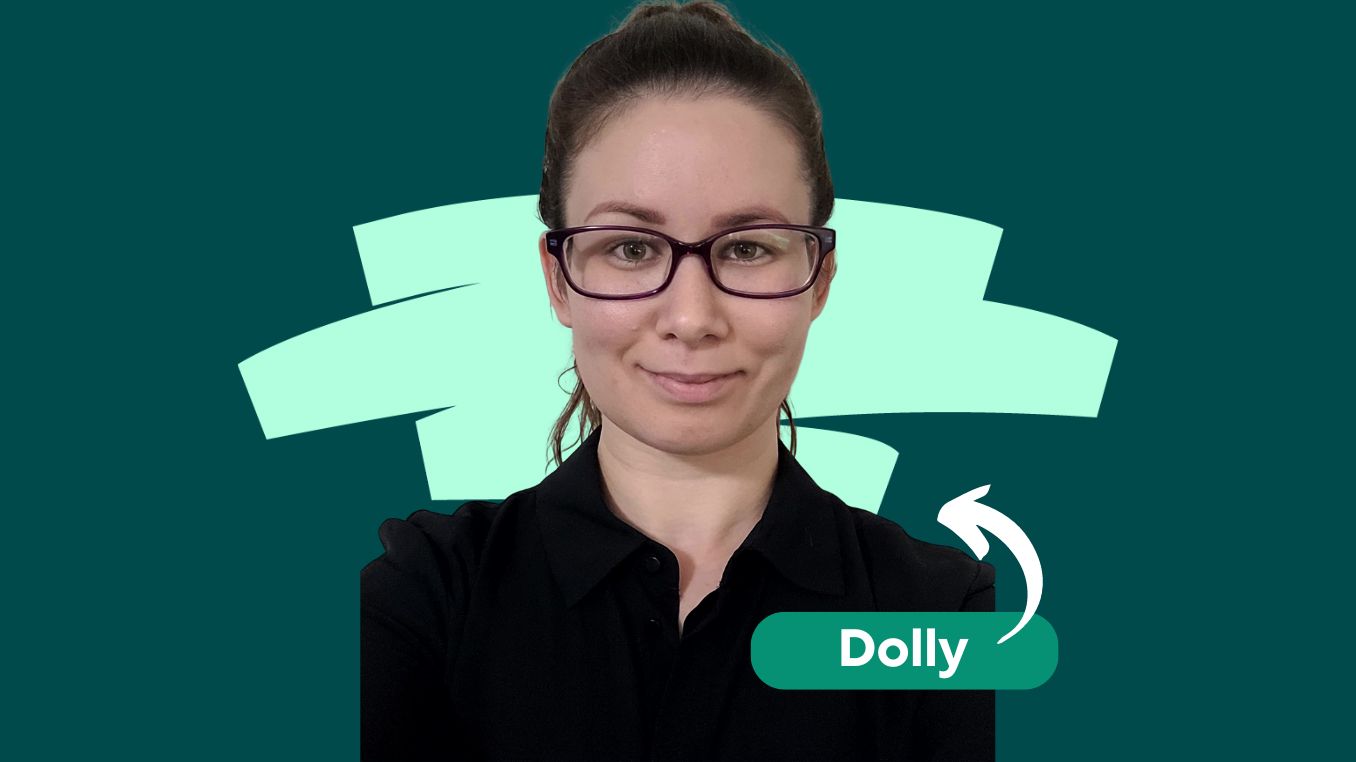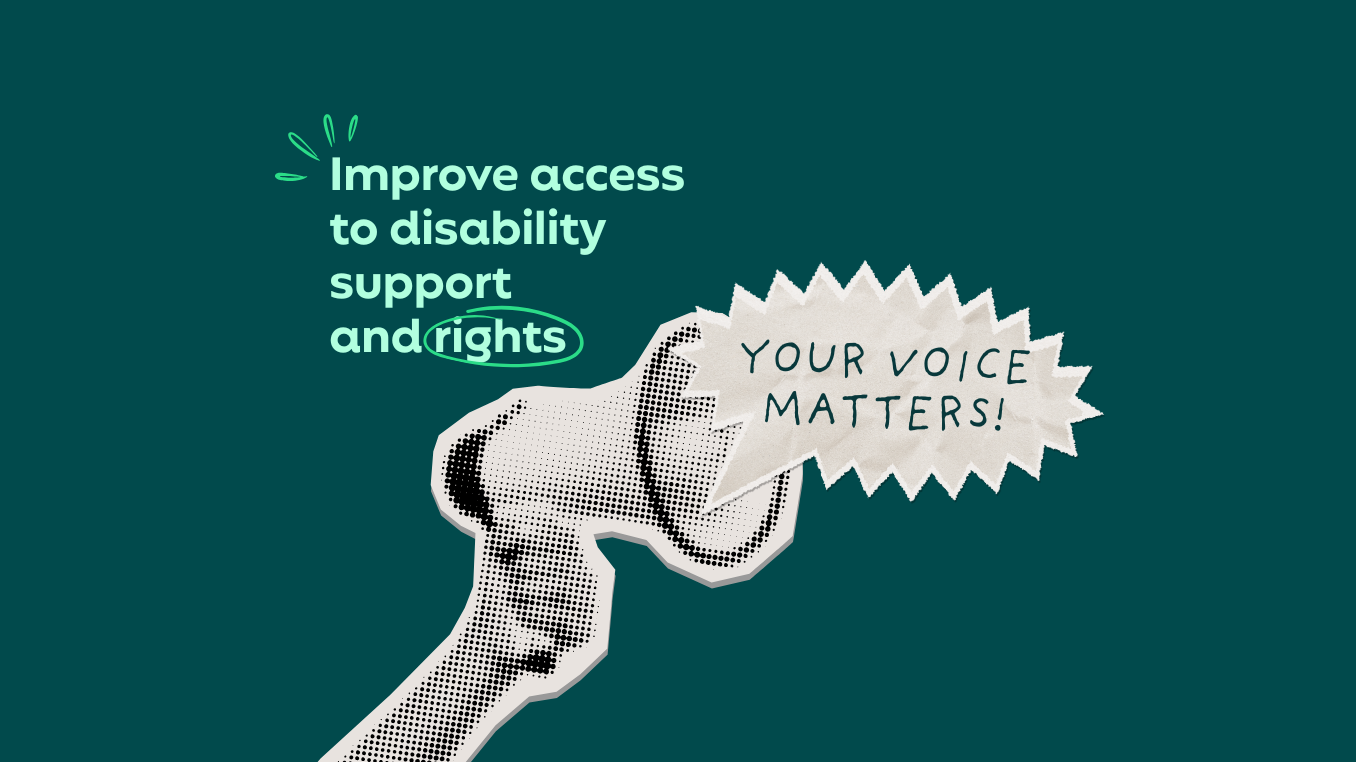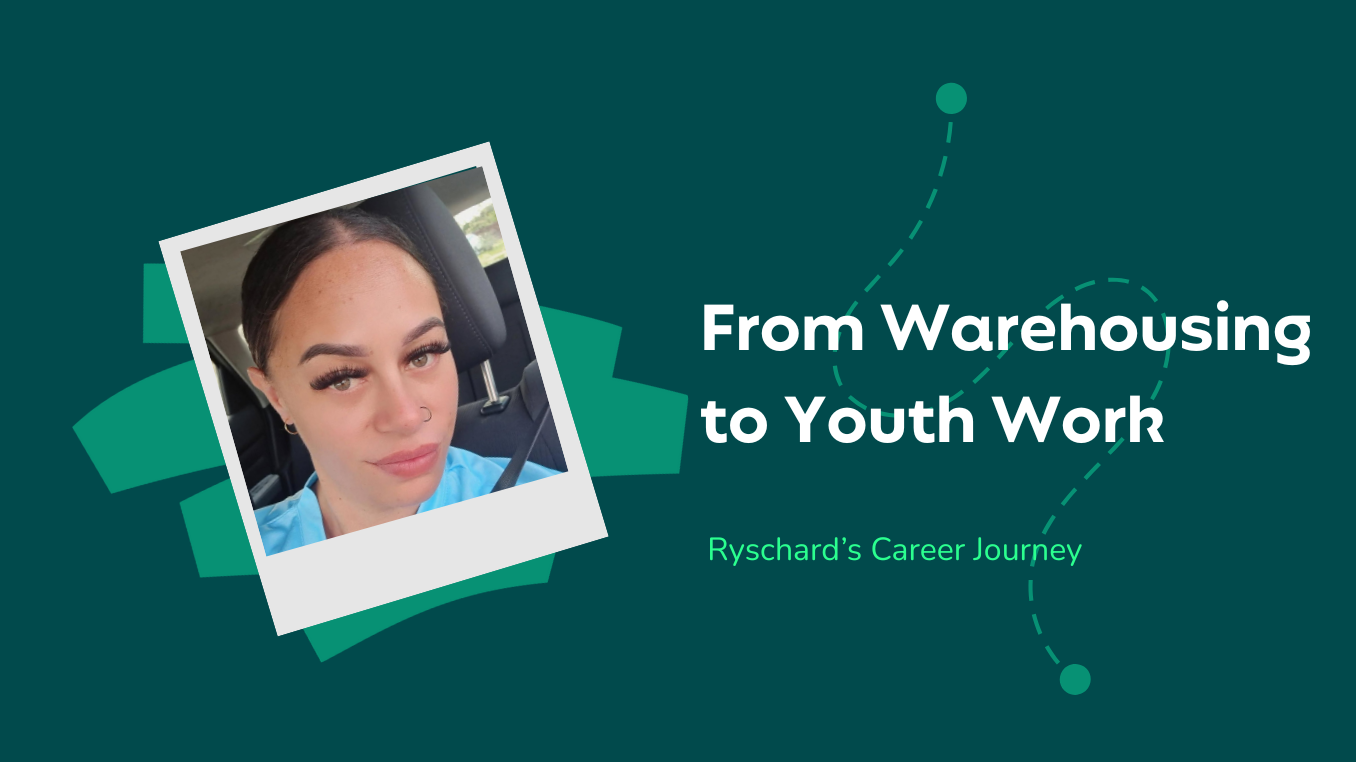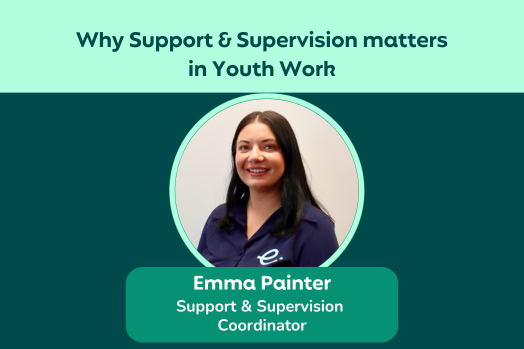The different types of Disability Support
One of the greatest things about being a Disability Support Worker is the variety of hats you can wear in a single role. Ultimately the purpose is to empower others to enjoy a higher quality of life, but the way you go about this can vary, which creates lots of options to lead a rich and fulfilling career.
Generally, there will be two main places where support from a Disability Support Worker is most needed; at home and in the community. The type of support fits into three broad categories;
- Physical assistance - think personal care to maintain hygiene or assistance with dressing.
- Emotional support - think being a friend and listening or going out and socialising together.
- Household support - think of an extra set of hands to tackle domestic duties such as cooking and cleaning, or perhaps food shopping and transport.
With this in mind, it’s important to reiterate that the needs of each client will vary so the level of support required will adapt accordingly. This may also change over time as things such as independence improve or health status changes.
A Disability Support Worker may be required in-home or in residential support, for educational support for one or more clients with learning disabilities. They’re also needed for community access support and support work in mental health and emotional wellbeing by supporting individuals with depression, Alzheimer's or addiction challenges. Disability Support Workers may also be found working in clinics and hospitals, providing support for hospitalised patients by working in conjunction with a team of health professionals.
The type of support varies, so here are some examples to help. In-home and in a residential setting support may start from the moment the client wakes up and you provide assistance getting out of bed, showering, dressing and having breakfast. In the community, it might involve ordering the clients preferred coffee and enjoying some time in the sun with them. In mental health settings, the clients you work with could be someone with drug or alcohol addiction. Here the focus will be on individualised support to aid recovery via facilitating access to peer support groups where professionals such as psychiatrists work with the group.
In a hospital, the support worker does not provide direct care unless specifically instructed and trained to do so. However, they play a key role as a support system and may assist in explaining and communicating with the supported client things such as reasons for admission and also the management of scheduled discharge by doing things such as confirming the discharge date and time and booking transport, ensuring all new medications, aids or equipment have accompanying strategies provided by hospital staff and that any relevant information is obtained from the hospital staff to ensure care continues at home.
As you can see, Disability Support is diverse and full of wonderful, rewarding opportunities that only a service-driven career can offer, so what are you waiting for? Explore your options today.
Edmen Community Staffing Solutions Blog






Edmen Community Staffing Solutions Blog





Edmen Community Staffing Solutions Blog
















